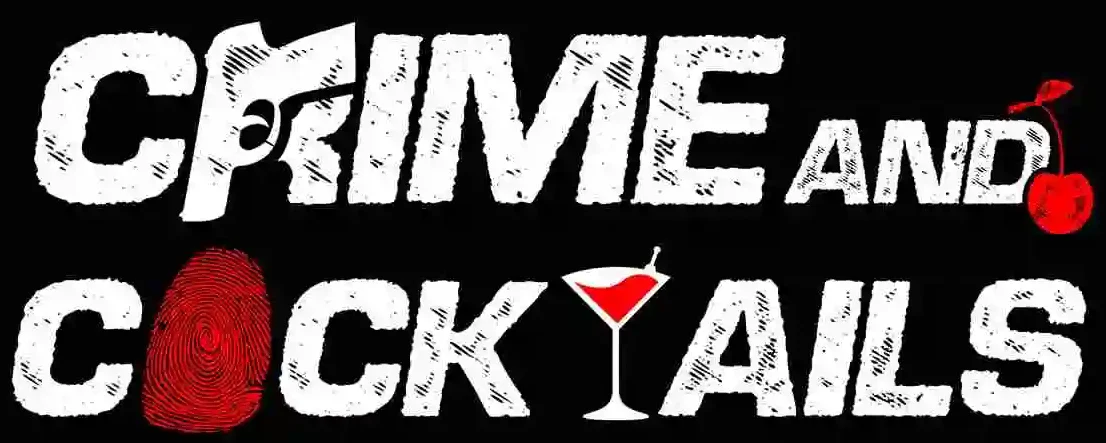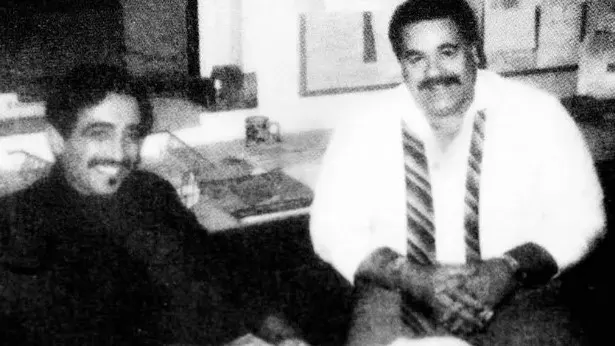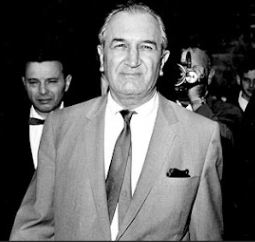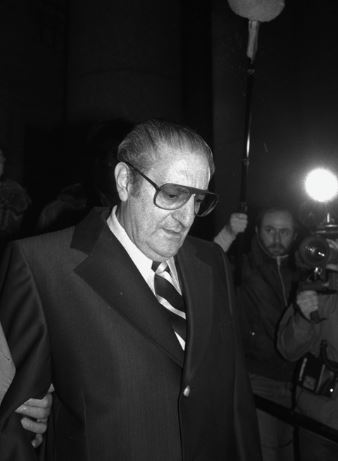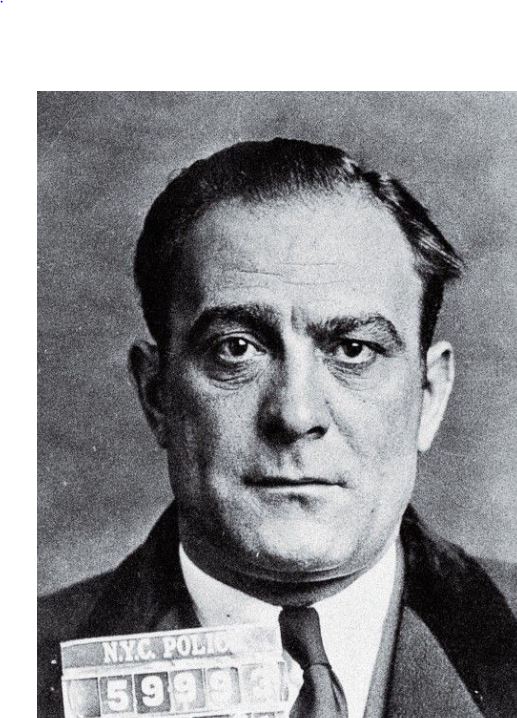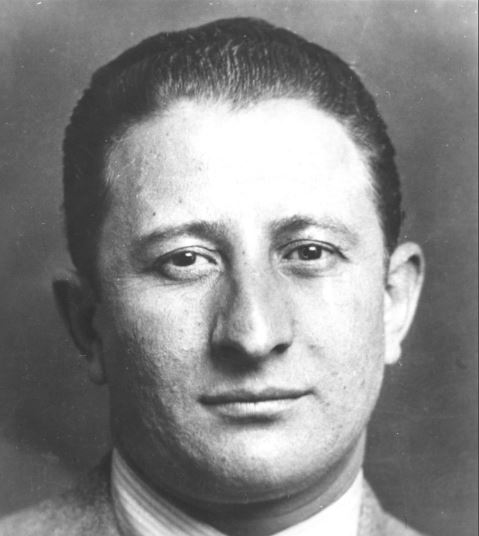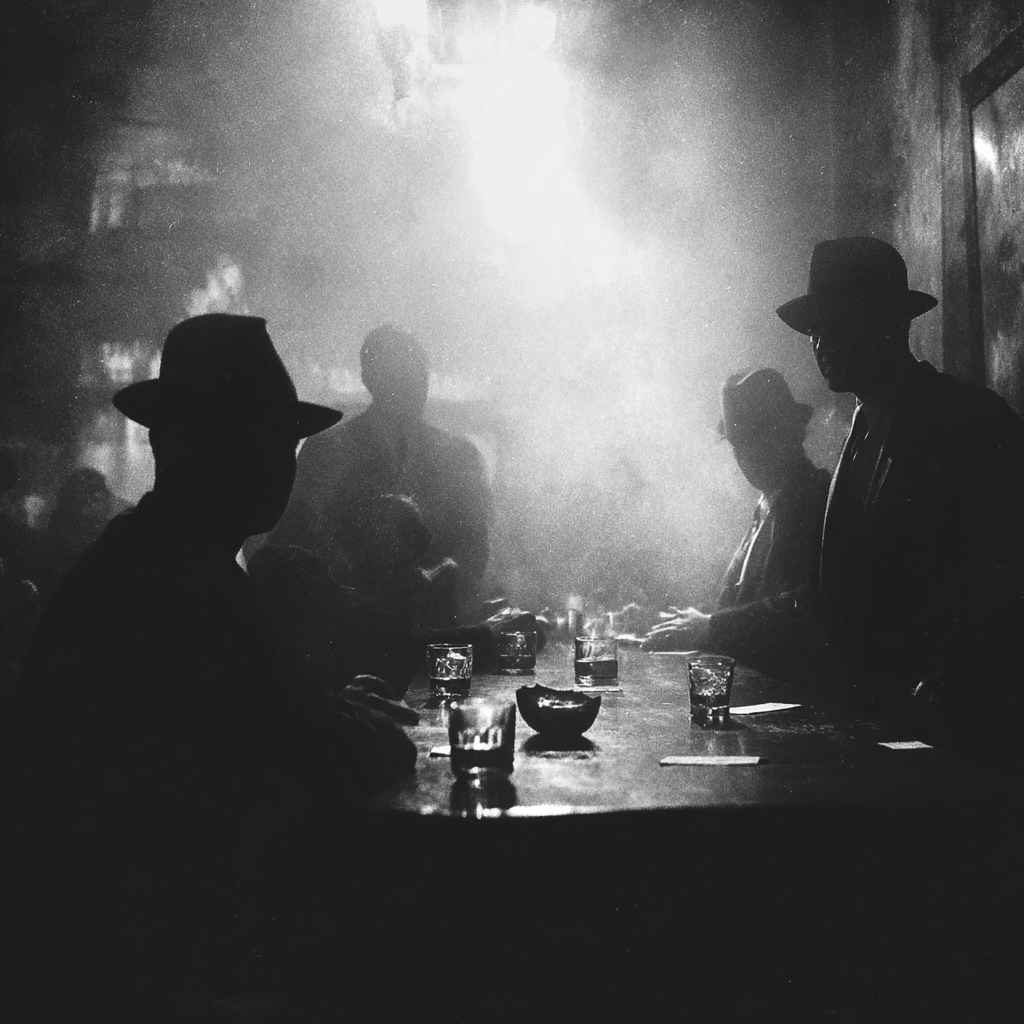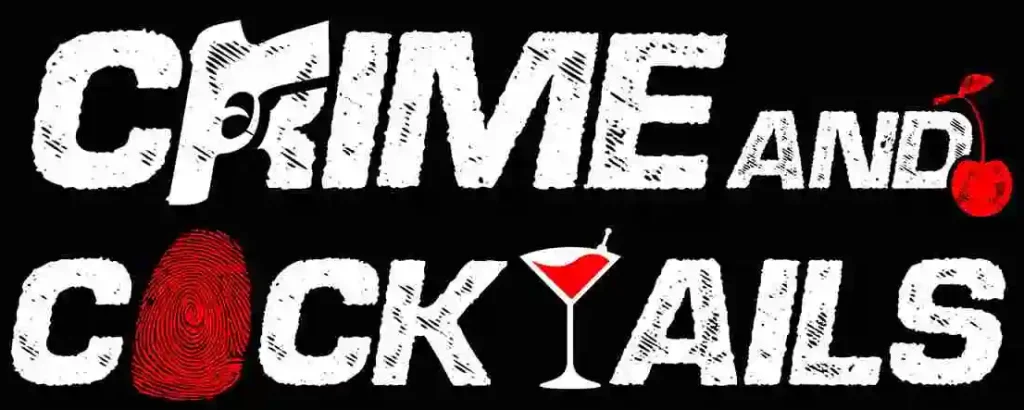In a tale of betrayal and bloodlust, the line between badge and bullet was shattered by two men sworn to protect. Under the city’s neon glare, Louis Eppolito and Stephen Caracappa — once detectives of the New York City Police Department — cast aside their oaths and morphed into killers for hire for the mob. Their story is dark, unflinching, and a sharp reminder that no one, even those cloaked in authority, stands above the law.
Roots of a Corruption
Eppolito was born into a Brooklyn family steeped in organized crime: his father, Ralph “Fat the Gangster” Eppolito, a soldier for the Gambino crime family, and his uncle, James “Jimmy the Clam” Eppolito, a Gambino captain. By contrast, Caracappa — a Vietnam veteran and NYPD member of the Major Case Squad — held outward respectability, even as his path would twist into infamy.
When these two men met in the late 1970s and early 1980s, the separate worlds of organized crime and law enforcement began to merge. The death of Eppolito’s uncle in 1979 — murdered in a gangland hit sanctioned by the Gambino family — marked a turning point. Eppolito wrote later that he confronted the apparent hypocrisy of the underworld: “If my old man had told me anything, it was never to whore myself out for a dollar.”
The Blue Badge Turned Black
In time, the detectives crossed into the abyss. According to the United States Attorney’s Office for the Eastern District of New York, beginning in the mid-1980s Eppolito and Caracappa provided highly confidential law-enforcement information to the Anthony “Gaspipe” Casso-led Lucchese crime family — names of informants, details of investigations, surveillance workings — for a monthly “salary” and murder contracts.
The first major contract: in October 1986, the detectives, subpoena power abandoned, kidnapped James Hydell — luring him into a car in official capacity as though he were under arrest, then delivering him to Casso. Hydell’s body was never recovered. Then, a more audacious hit: on November 6, 1990, they pulled over Edward “Eddie” Lino, a Gambino captain, on the Belt Parkway. They flashed badges, opened fire, then finished the job. “I gave them $75,000. They killed him, like cowboy style,” Casso told investigators.
This was a betrayal of everything the badge stood for. Far from standing above the criminal world, these men became tools of it. The New York Times summarized the verdict, calling it “treason against the people of the City of New York and their fellow police officers.”

The Dark Machinery of Power
Their story is no isolated lapse; it reveals the rot when lines fade. As detectives, they accessed murder investigations, informant identities, surveillance files — intelligence that should have protected the public. Instead, they handed it to violent criminals. The DOJ’s indictment recites one paragraph after another of corruption: kidnapping, murder, obstruction, money-laundering and trafficking.
One of their victims, Nicholas Guido, was the wrong man. They provided the mob with his name, and on Christmas Day 1986 he was executed — a case of mistaken identity. In another case, a man named Barry Gibbs spent 19 years in prison for a killing he didn’t commit; later a witness revealed he’d been intimidated by Eppolito to identify Gibbs falsely.
The façade of legitimacy allowed them to move freely: official assignments, commendations, detective status — while behind the scenes they plotted death and destruction. They were the wolves in the blue.
Reckoning and Accountability
In March 2005 both Eppolito and Caracappa were arrested in Las Vegas. In 2006, they were convicted of racketeering, murder, kidnap, and conspiracy. Then in March 2009 a federal judge sentenced Eppolito to life in prison plus 100 years, Caracappa to life plus 80 years — each fined millions.
New York City paid legal redress: the city settled multiple lawsuits by victims’ families and by wrongfully accused people — including the $9.9 million settlement to Gibbs.
They could not hide forever. A system designed to keep power in check prevailed — though only after enormous damage.
Shadows Today: When Authority Abuses Its Power
The story of Eppolito and Caracappa is a stark warning that when those entrusted with power abuse it, there is no freedom — only fear. Today, as we look at the intersection of law-enforcement power and civil liberties, the specter of these “bad cops” looms. The premise is simple: when a badge becomes an instrument of terror rather than protection, the trust breaks.
Their case defies comfort: highly decorated officers turned assassins; guardians turned predators. It lays bare how power, when unmoored from accountability, invites corruption. It reminds us tenacity must accompany oversight. Because when law enforcement becomes the instrument of oppression — for any group, any purpose — no one is safe.
A Message from the Past for the Present
Eppolito and Caracappa committed their crimes in the shadows of midnight Brooklyn, but their message echoes across time: authority unchecked is tyranny. Their conviction was a victory for rule of law. Yet their legacy is a stain — a portrait of how easily the line blurs.
Today’s guardians—those with power to investigate, detain, deport, enforce—must recognize that “the badge” does not place you beyond reproach. No one is above the law. The stakes are not just careers or convictions, but the very trust society places in institutions. The badge is meaningful only when integrity is more than symbolic.
Conclusion
In the annals of law-enforcement corruption, few scandals reach the caliber of Eppolito and Caracappa. Their story is one of betrayal on an epic scale: the public trust weaponized, the oath twisted into grievance. But importantly, their conviction remains proof that accountability is possible. That power, though formidable, can be restrained.
Let this case serve as a compass: When those who serve begin to prey, society must act. Because when the wolves wear badges, we all become their prey.
